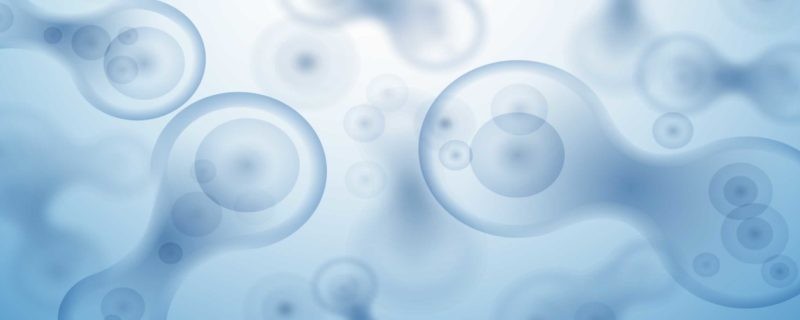
Two Important Developments in Stem Cell Therapy to Treat Heart Failure
This week the American Heart Association hosted their annual meeting, Scientific Sessions 2012, in Los Angeles. Two presentations presented particularly interesting results for the treatment of congestive heart failure using stem cells.
The first “Randomized Comparison of Allogeneic vs Autologous Mesenchymal Stem Cells in Patients with Ischemic Cardiomyopathy,” presented by Joshua M Hare, University of Miami School of Medicine, compared the use of patient derived stem cells (autologous) with the use of donor cells (allogeneic) and found that both were equally safe. The small Phase I/II study funded by the National Institutes of Health (NIH) consisted of 30 patients who had suffered heart damage. All of the patients received an injection of mesenchymal stem cells into the damaged area of their heart, 15 received their own mesenchymal stem cells and 15 received mesenchymal cells from donors. The study found no rejection of donor cells with the same safety and efficacy as a patient’s own cells. The study was the first to directly compare the safety and efficacy of autologous and allogeneic Cell Therapy.
This finding is important because large amounts of stem cells are necessary for treatment and when harvested from the patient it can take six to eight weeks to scale up and culture the necessary stem cells. If donor cells can be used, then cells can be cultured in large-scale batches and can be banked for doctors to use immediately in cases of heart damage. Alan W. Heldman, M.D., professor of medicine and co-author of the study who performed the injection procedures, said, “Discovering that the donor cells are as safe and effective as the recipient cells opens up a new door in potential therapy. Ideally, we could bank donor cells and use them immediately on patients, as needed.” The study also disproved the medical belief that damaged cardiac tissue can’t be repaired and found that in patients who received treatment, tissue damage was reduced by 33 percent.
The second presentation “Effect of Cardiac Stem Cells in Patients with Ischemic Cardiomyopathy: Interim Results of the SCIPIO Trial Up to 2 Years After Therapy,” presented by Roberto Bolli, University of Louisville, showed that after two years all patients in their study who received autologous stem Cell Therapy had sustained improvement and no adverse effects. The Phase I study harvested cardiac stem cells (CSCs) from 33 patients during coronary artery bypass. To qualify for the study patients had to have been diagnosed with heart failure following a myocardial infarction (heart attack) and had a left ventricular ejection function of 40 percent or lower (normal is 50 percent or higher). Harvested cells were cultured and expanded to around one million cells per patient, and then cells were injected into 20 patient’s hearts at the site of damage, while the 13 other patients served as control.
Patients showed early improvement in LVEF, but improvement continued to grow as time passed. “The researchers reported that in the 20 patients receiving CSCs, LVEF increased from 29 percent to 36 percent at four months following infusion. None of the 13 control patients in the trial received CSCs and this group showed, on average, no improvement.
The beneficial effect of the CSCs persisted and became progressively greater at the one- and two-year mark following infusion. At the one-year mark following infusion, LVEF increased by 8.1 percent, and at the two-year mark, by 12.9 percent.”
While both studies are small and need to be expanded and repeated, they offer hope for patients who are suffering from congestive heart failure, where there has been little progress in finding an effective treatment.